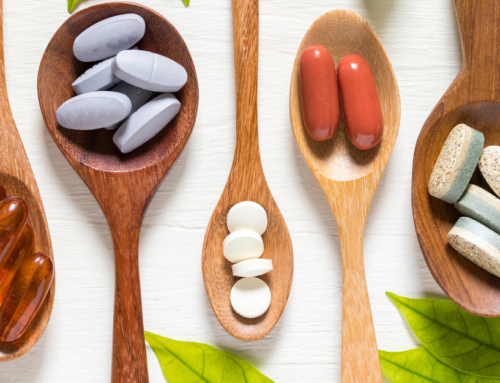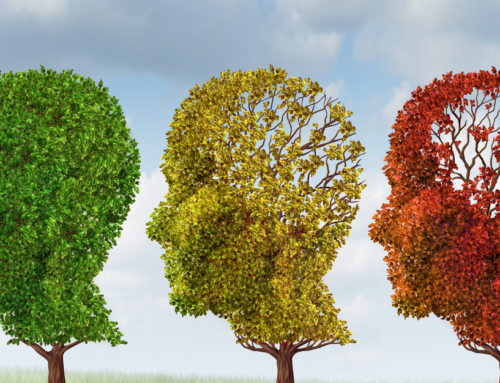“I’m told I need to have my gallbladder removed and that I don’t really need it anyway. Is this true?”
No. The gallbladder is an important part of the digestive process.
The gallbladder stores bile
The gallbladder stores bile from the liver and secretes it into the small intestine when needed. Bile is necessary for the digestion and absorption of fats, vitamins, and minerals from the foods you eat.
Causes for gallstones
The gallbladder can become congested with gallstones, which can obstruct a bile duct. Reasons for gallstones include nutritional deficiencies; diets high in processed foods, trans fats, hydrogenated fats, processed vegetable oils, and excess omega 6 fatty acids; hypothyroidism; and no- or low-fat diets.
Gallbladder removal most common surgery today
Gallbladder removal is the most common surgery today. Without a gallbladder there is no holding tank for bile so it leaks continuously from the liver into the small intestine. As a result there is not enough stored bile to digest fats. This can result in digestive ailments and poor absorption of nutrients.
Gallbladder removal can bring problems
If your gallbladder has been removed you are at risk of deficiencies in essential fatty acids and fat-soluble vitamins, such as vitamin D. Without the fat emulsification duties provided by the gallbladder, the health of the entire digestive tract may become compromised. Studies suggest gallbladder removal may increase the risk of getting colon cancer.
How to prevent surgery; supporting health after surgery
Work with your practitioner to learn how to prevent gallbladder surgery, or how to support digestion if your gallbladder has already been removed.
Maintaining good gallbladder health
- Eat a diet high in fiber
- Avoid refined and excess starchy carbohydrates (white flour, sugar, potatoes, etc.)
- Avoid trans fats, hydrogenated fats, and processed vegetable oils
- Get plenty of essential fatty acids and omega 3s
- Eliminate food intolerances





